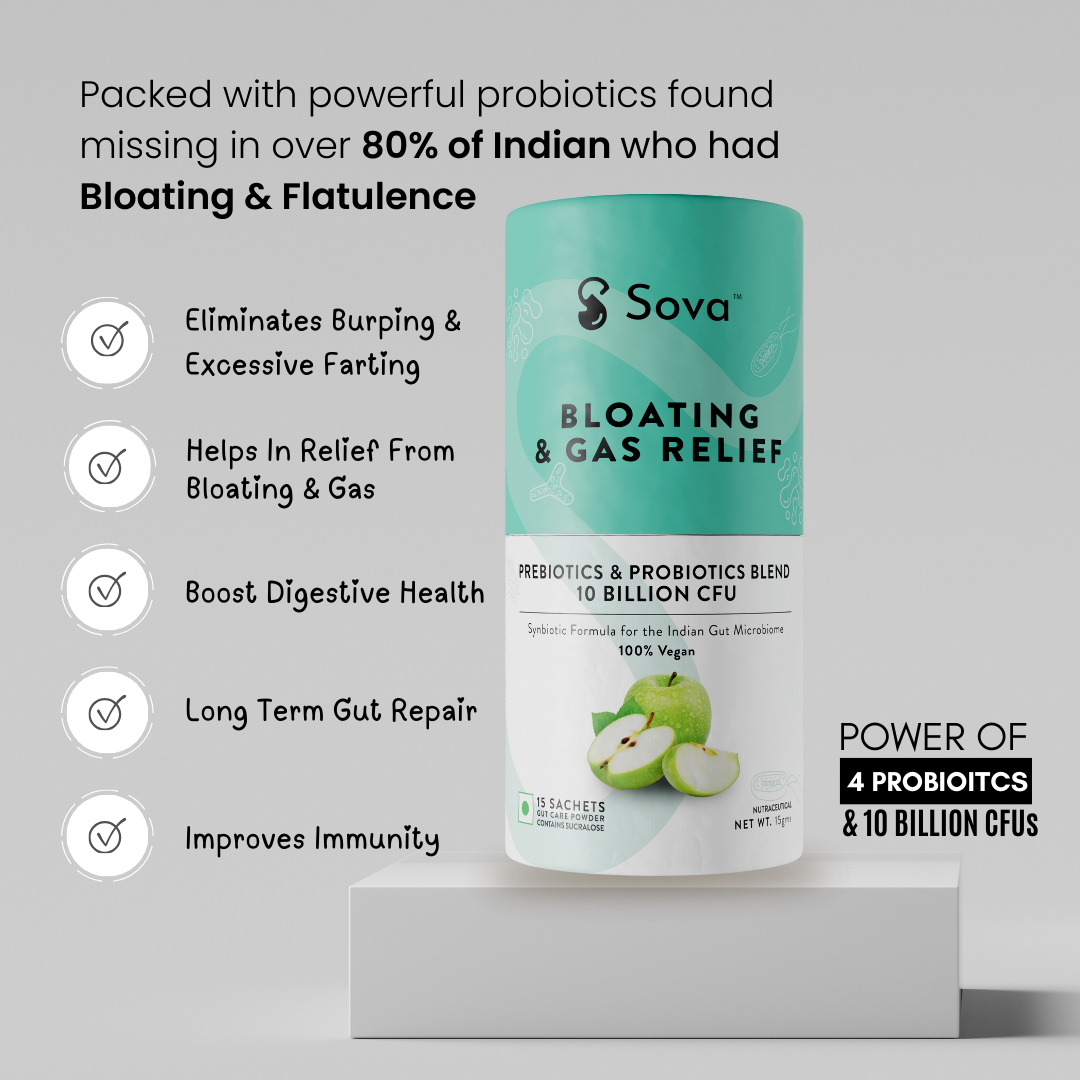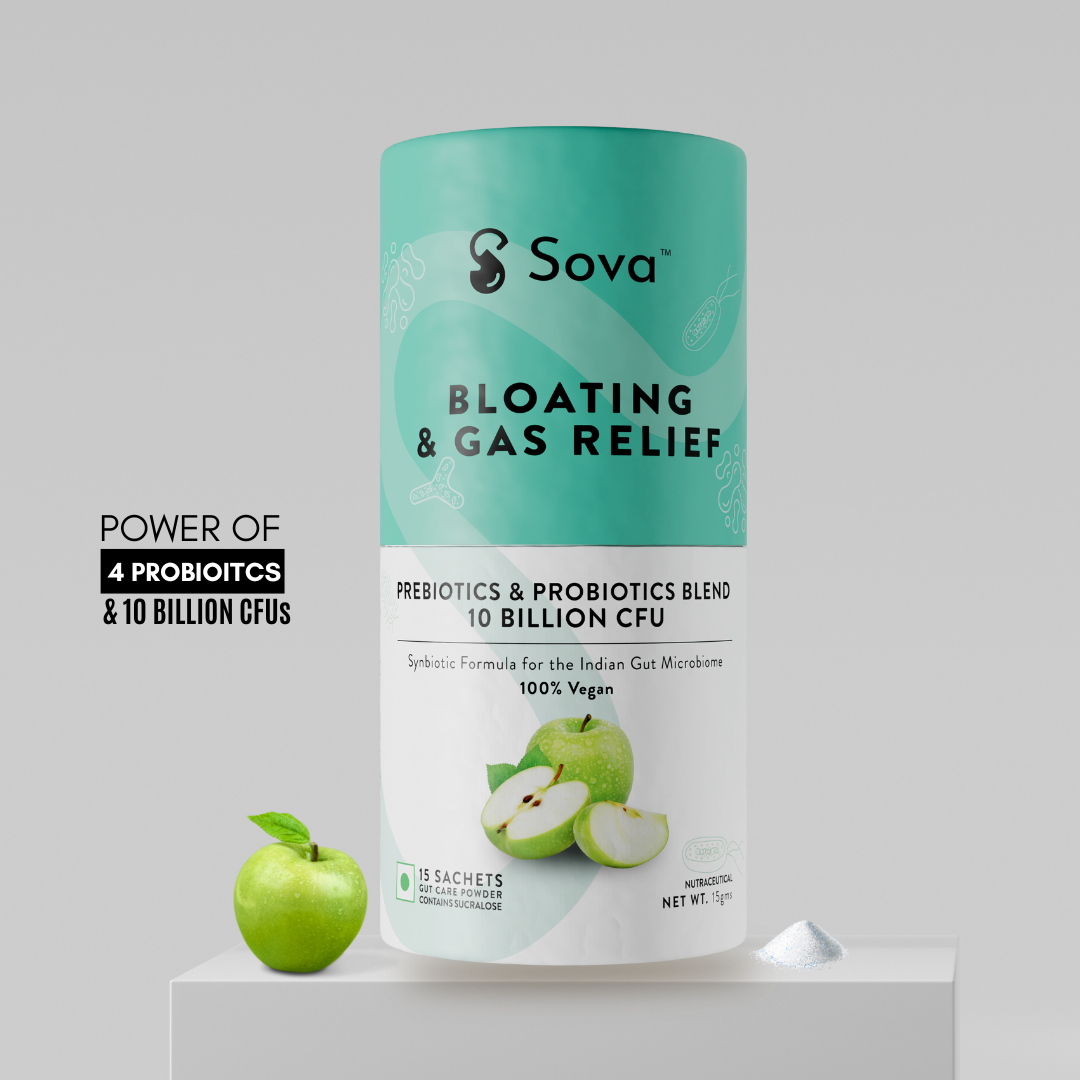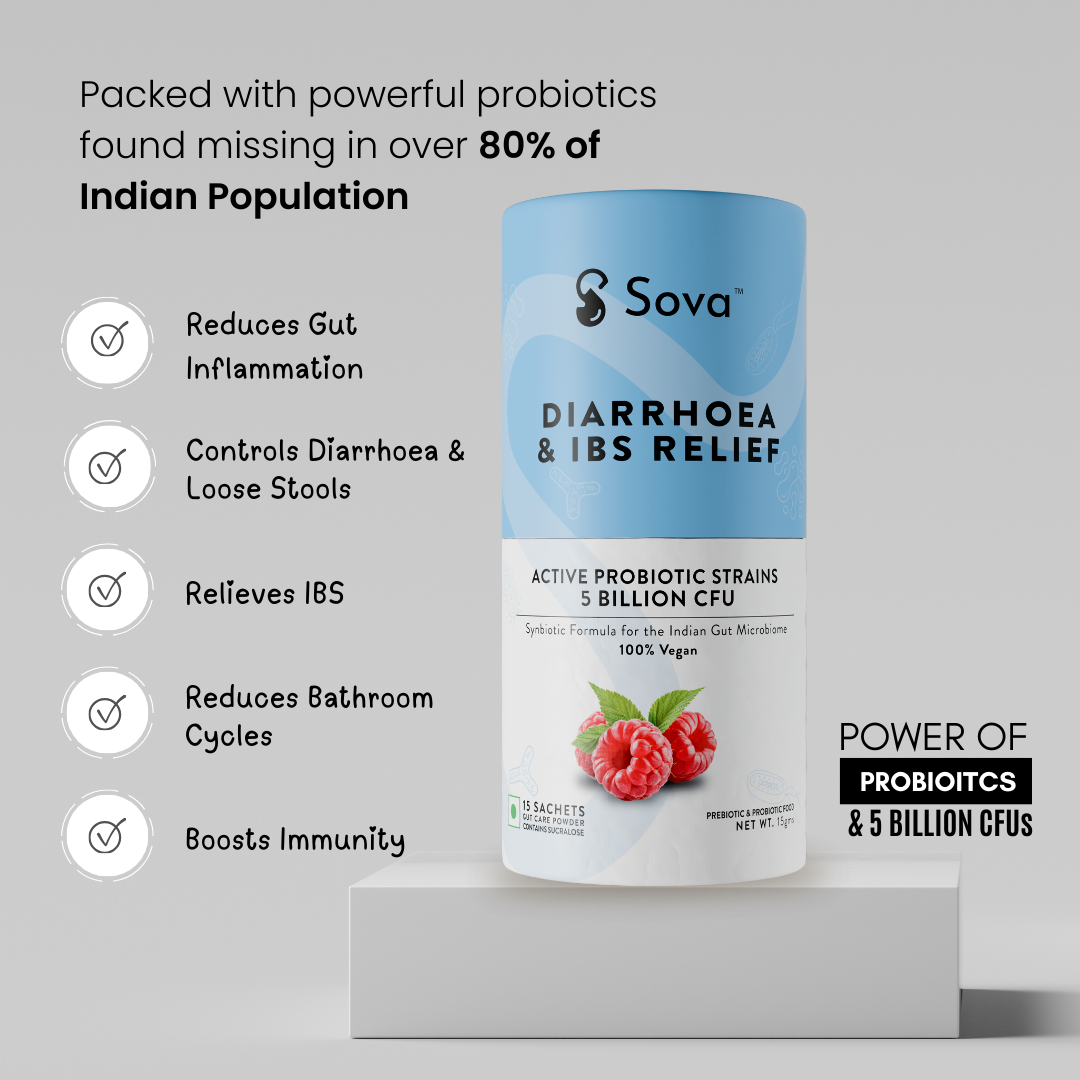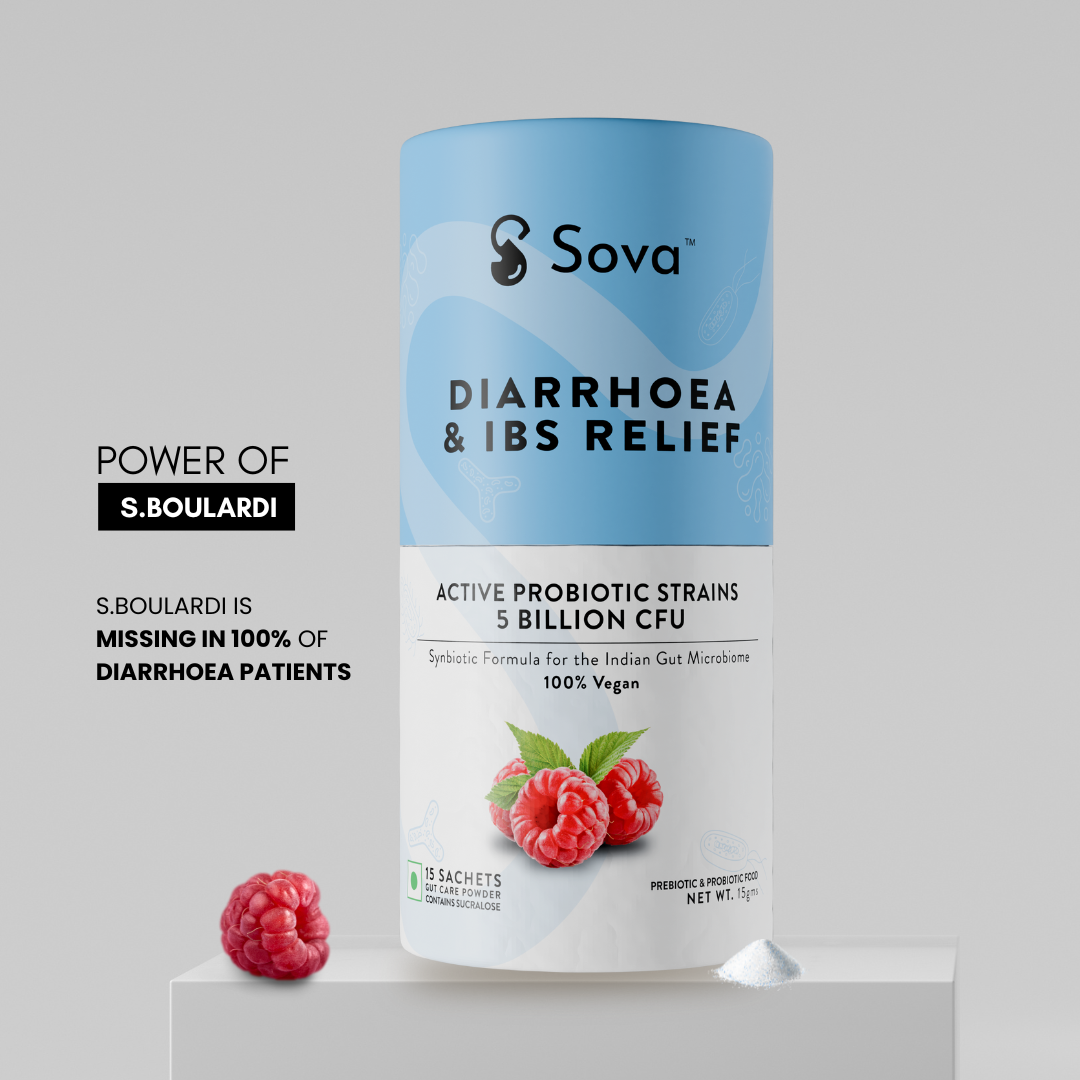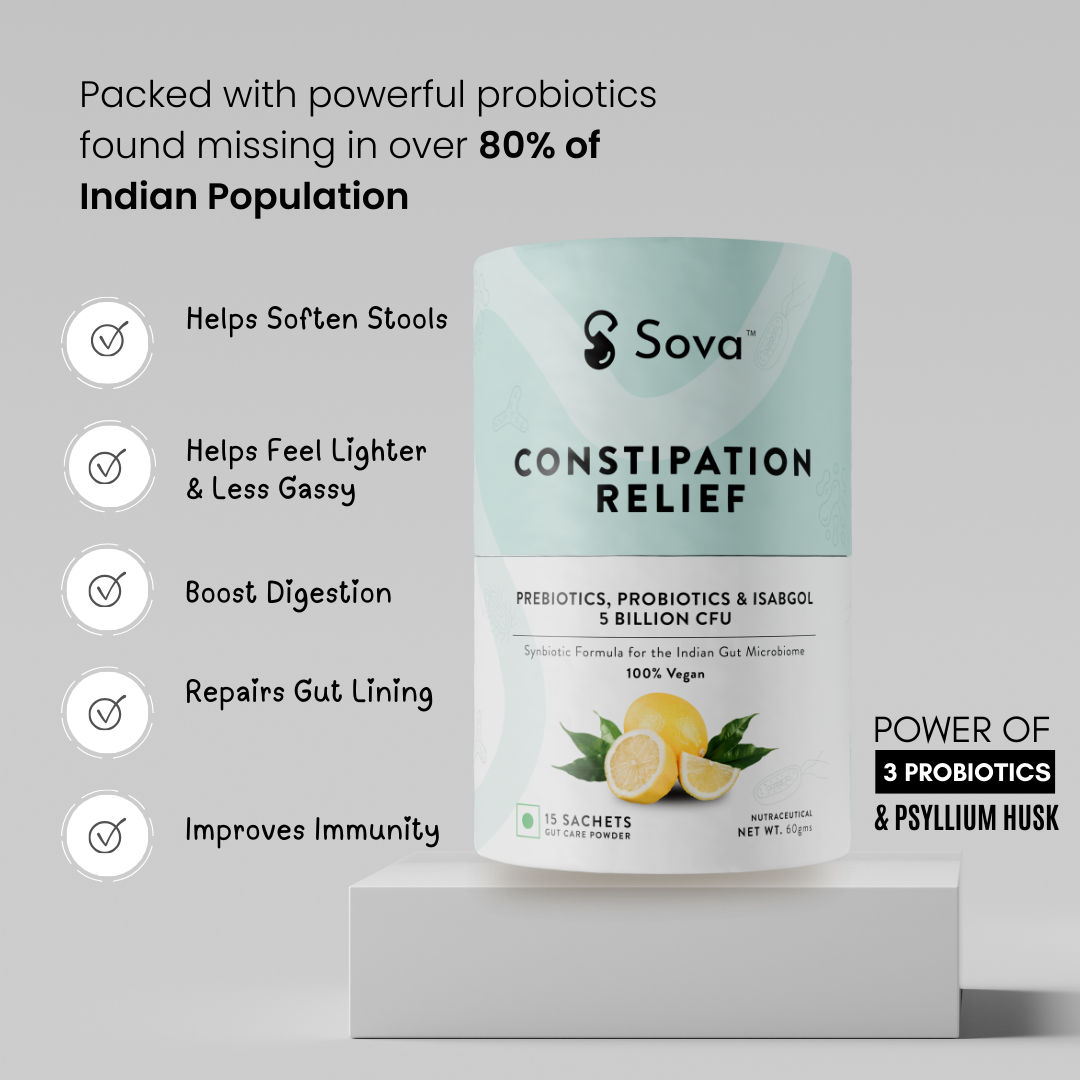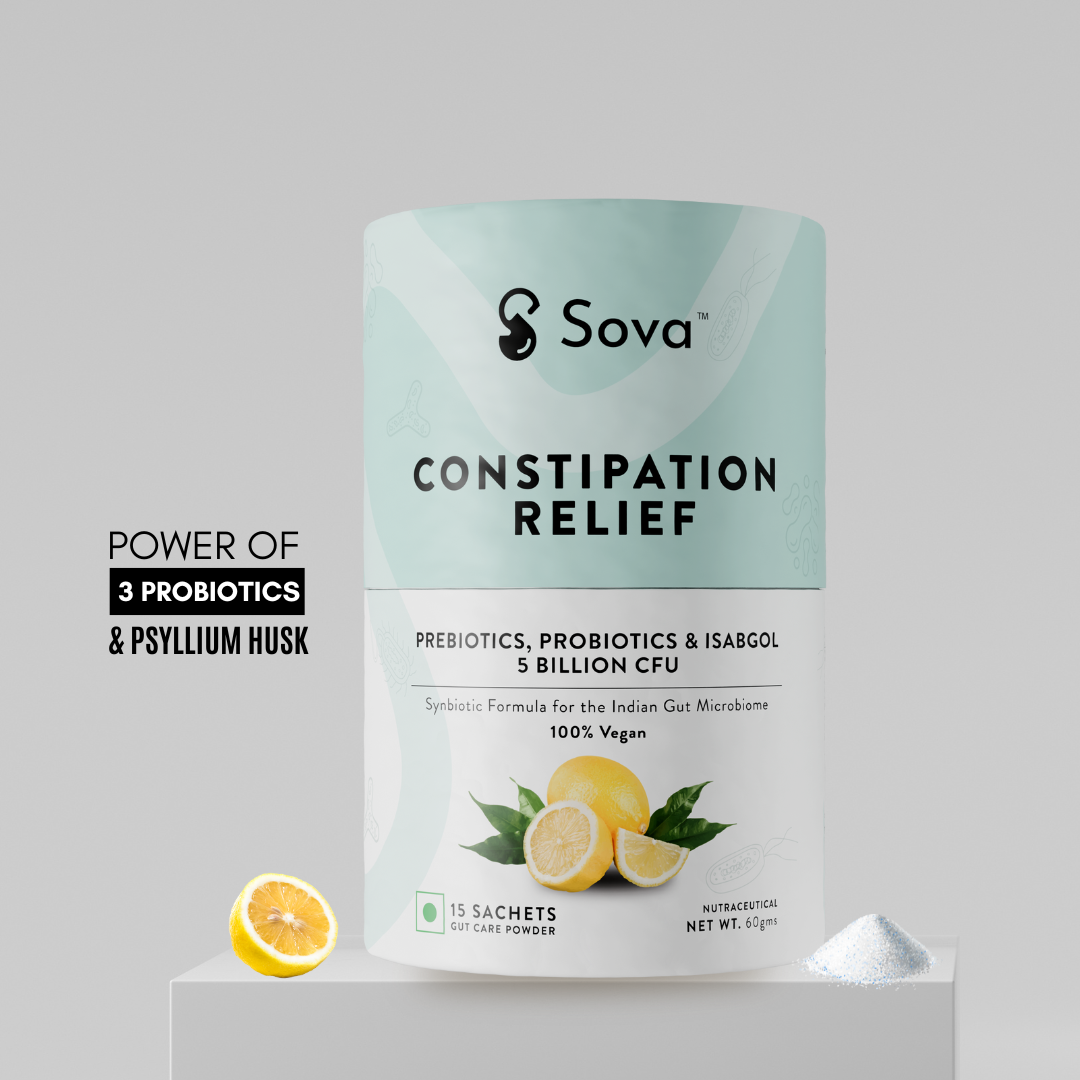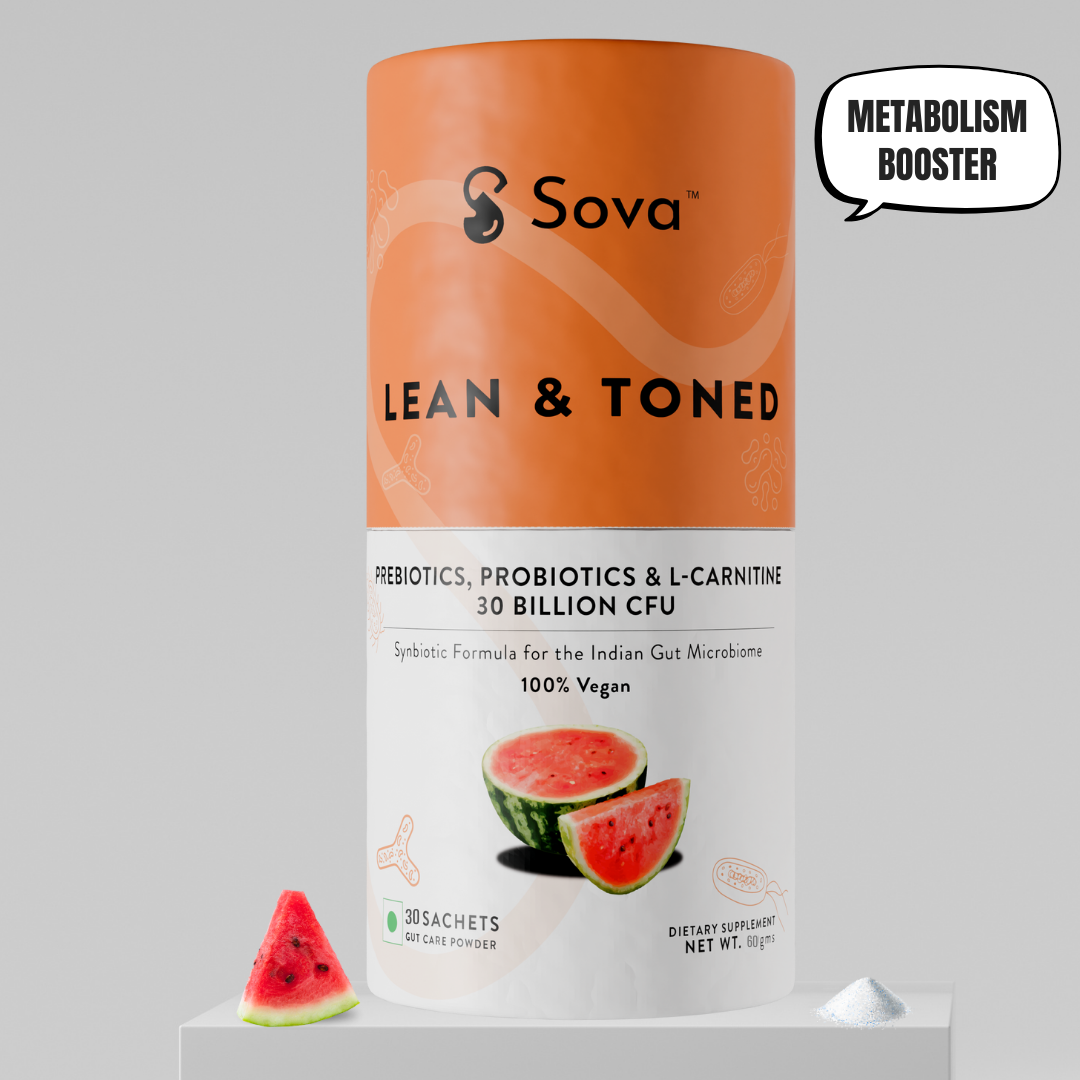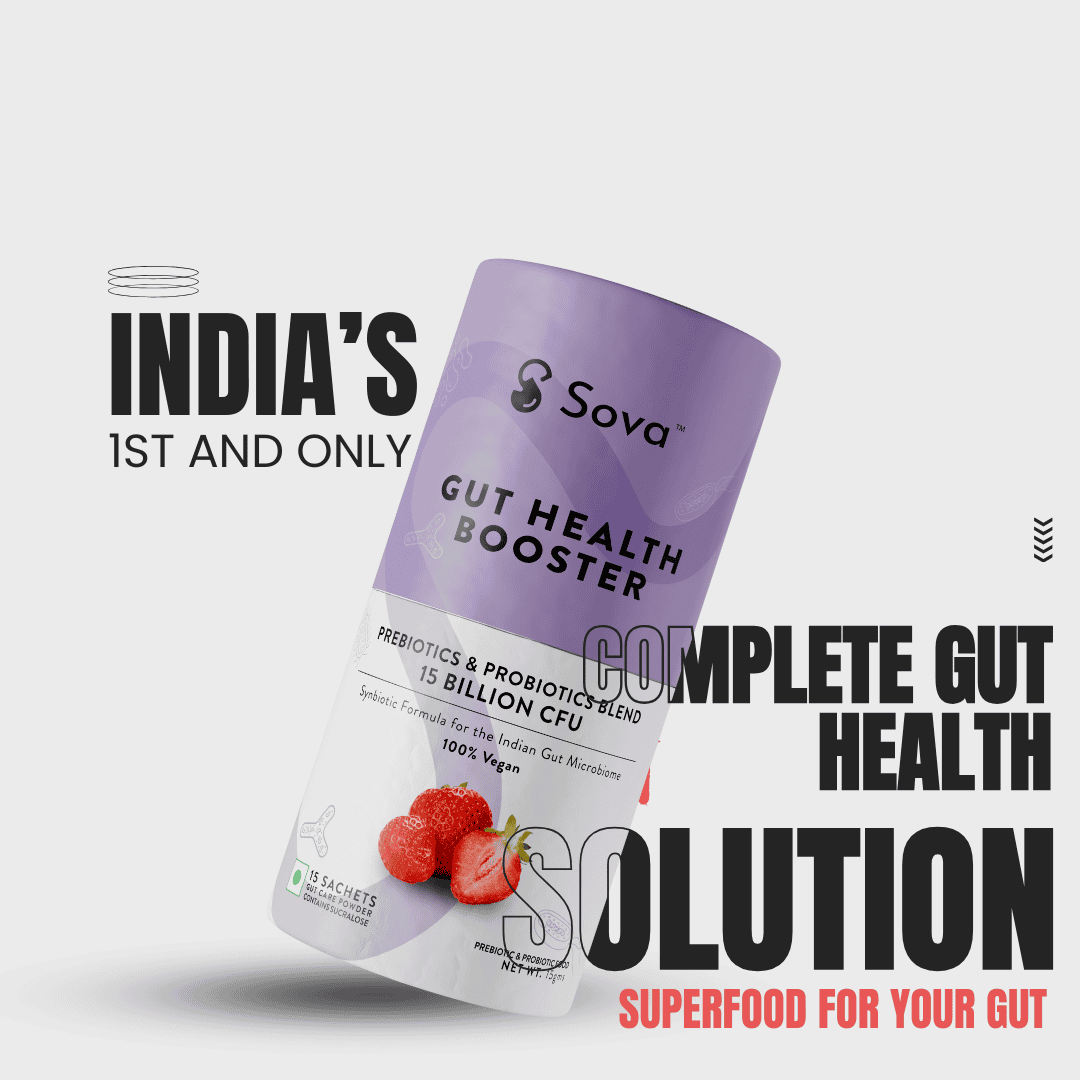If you are wondering about how to maintain gut health and avoid constipation during traveling, You have come to the right place. Travelling interferes with the routine and habits of the guts which can upset the gut leading to several health issues and making your travel plan a disappointment. Thus, following the travel tips can be helpful.
Firstly, staying hydrated is crucial; always carry a water bottle and drink plenty of fluids to aid digestion and prevent constipation.
Secondly, be mindful of your diet. Opt for fiber-rich foods, like fruits, vegetables, and whole grains, which help maintain regular bowel movements. Avoid overindulging in heavy, greasy foods that can upset your stomach.
Introducing probiotics into your routine can also make a significant difference. Probiotics are beneficial bacteria that support your gut flora and enhance digestion. Consider packing a high-quality probiotic supplement to take daily during your trip. Additionally, consuming probiotic-rich foods, such as yogurt, kefir, and fermented vegetables, can bolster your gut health.
Maintaining a consistent eating schedule helps regulate your digestive system. Try to eat meals at regular intervals, even when crossing time zones. This consistency can help your body adjust more smoothly to the new environment.
Lastly, manage stress effectively, as it can adversely affect your gut health. Practice relaxation techniques such as deep breathing, meditation, or light exercise to keep stress levels in check.
Here are Some Gut Health Tips for Travel:
1. Plan Your Meals and Snacks
When traveling, it’s tempting to indulge in new and exotic foods. While exploring local cuisine is a delightful part of the travel experience, sudden dietary changes can shock your digestive system. To answer how to maintain gut health, plan your meals and snacks ahead of time. Pack healthy, gut-friendly snacks like nuts, seeds, and fruit to avoid the temptation of unhealthy airport or convenience store options. Include fiber-rich foods, which are crucial for keeping your digestive system moving smoothly.
2. Stay Hydrated

Dehydration is a common issue while traveling, especially during flights. Airplane cabins have low humidity, which can dehydrate you quickly. Staying hydrated is one of the simplest yet most effective gut health tips. Always carry a water bottle and refill it often. Try to drink at least 8 glasses of water a day. Proper hydration helps maintain the mucosal lining of the intestines and promotes the balance of good bacteria in your gut.
3. Incorporate Probiotics for Travel
Probiotics are live bacteria that provide multiple health benefits when taken in the correct amounts. They are particularly beneficial for gut health, as they help maintain a healthy balance of gut bacteria and prevent bloating. Incorporating probiotics for travel can help prevent digestive issues such as constipation, diarrhea, and bloating. Consider taking a high-quality probiotic supplement specifically designed for travel. Look for probiotics that contain strains like Lactobacillus and Bifidobacterium, which are known to support digestive health.
4. Practice Good Hygiene
Maintaining good hygiene is crucial for preventing gastrointestinal infections while traveling. Remember to wash your hands thoroughly with soap and water before eating or handling food. If soap and water aren't accessible, use an alcohol-based hand sanitizer instead. Exercise caution when choosing food and beverages, particularly in areas where sanitation standards may be lower. Opt for bottled water and avoid ice cubes made from tap water. Peel fruits and vegetables yourself to ensure they are clean.
5. Manage Stress
Traveling can be stressful, and stress has a direct impact on your gut health. Stress can increase gut permeability, change gut motility, and negatively affect the gut microbiome. Incorporating stress management techniques into your travel routine is one of the key travel tips. Practice deep breathing exercises, meditation, or yoga to keep stress levels in check. Ensure you get adequate rest and sleep, as fatigue can exacerbate stress and impact your digestive system.
6. Stick to a Routine
While wondering how to maintain gut health during traveling, it might be challenging to follow your routine when traveling, sticking to some semblance of it can benefit your gut health. Try to eat meals at consistent times and maintain regular sleep patterns as much as possible. Your gut microbiome operates on a circadian rhythm, and disruptions can lead to digestive issues. Keeping a routine helps regulate your body’s internal clock and supports healthy digestion.
7. Be Mindful of Alcohol and Caffeine
Alcohol and caffeine are common indulgences during travel, but they can negatively affect your gut health. Both substances can dehydrate you and disrupt the balance of gut bacteria. Limit your intake of alcohol and caffeinated beverages, especially on long flights to prevent bloating. If you do consume them, balance it with plenty of water and gut-friendly foods.
8. Choose Gut-Friendly Foods

Opt for foods that support gut health whenever possible. Fermented foods like yogurt, kefir, sauerkraut, and kimchi are excellent sources of probiotics for travel. These foods help enhance and maintain good and healthy gut bacteria. Additionally, foods high in prebiotics, such as garlic, onions, bananas, and asparagus, provide nourishment for your gut microbiome. Including these foods in your travel diet can help keep your gut in good shape.
9. Exercise Regularly
One of the travel tips is to continue Physical activity as it is beneficial for overall health and particularly for maintaining a healthy digestive system. Exercise helps stimulate intestinal contractions, which can prevent constipation. Even if you can’t stick to your regular workout routine, try to incorporate some form of physical activity into your travel days. Simple activities like walking, stretching, or doing a quick workout in your hotel room can make a significant difference.
10. Listen to Your Body
To figure out how to maintain gut health, pay attention to your body’s signals. If you notice any signs of digestive distress, such as bloating, discomfort, or irregular bowel movements, take action immediately. Adjust your diet, increase your water intake, or consider taking an additional probiotic supplement. Listening to your body and responding promptly can prevent minor issues from escalating into more serious problems.
Conclusion
How to Maintain gut health on the go is entirely possible with a bit of planning and mindfulness. By following these gut health-targeted travel tips and incorporating probiotics for travel, you can enjoy your adventures without compromising your digestive well-being. Remember to stay hydrated, eat gut-friendly foods, practice good hygiene, manage stress, and stick to a routine as much as possible to prevent bloating. With these strategies, you’ll be well-equipped to keep your gut healthy and happy during your travels. For a better travel experience next time, check out our supplements and detox choices today.
Related Reads: Common bowel movement issues and how to address them
Related Reads: Relief Bloating: How to Identify Bloating Causes and Choose the Right Foods
Related Reads: Irritable Bowel Syndrome Treatment and Symptoms: Understanding the Role of Diet in Managing IBS

